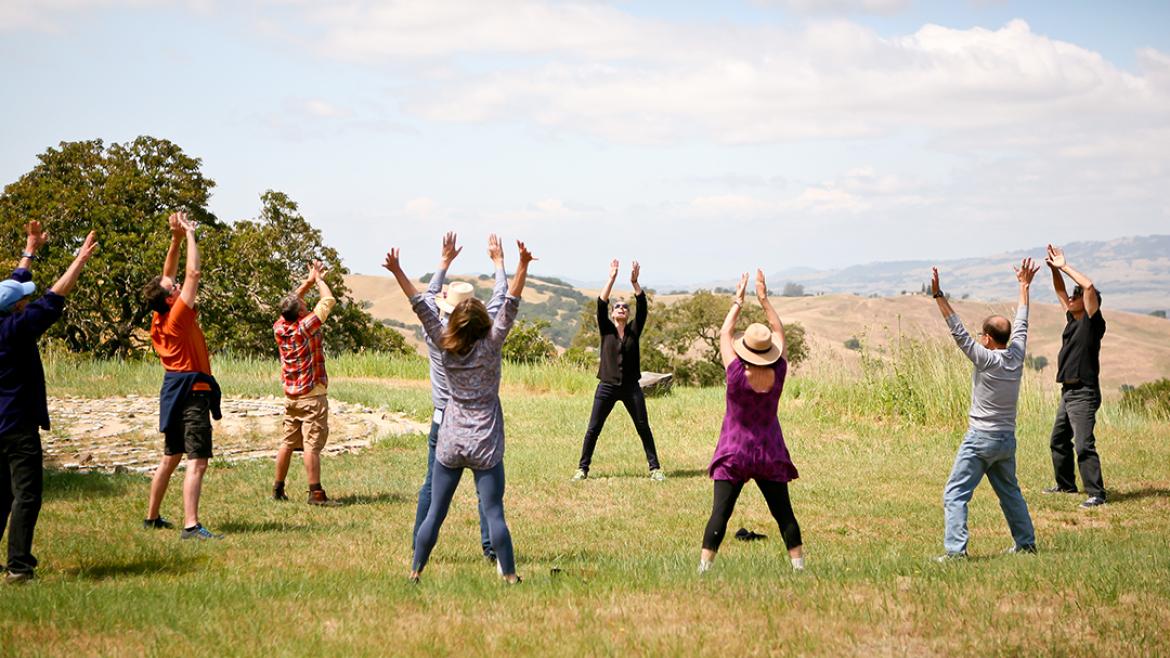A key component of ITP focuses on cultivating an ongoing practice. Regular practice is seen as essential for achieving lasting transformation and growth. Practice allows us to develop and refine our skills, acquire new knowledge, form healthy habits, achieve mastery, and build resilience. Through physical, mental or spiritual practice, consistency and intentionality have a transformative impact on our lives.
Integral Transformative Practice (ITP) is particularly attractive to me as it provides a holistic approach to personal development, addressing all aspects of the self. It offers a framework, including a physical practice called the Kata, which supports the integration of different aspects of our being, body, mind, heart, and soul. Through the integration of these parts, individuals can access a deeper level of self-awareness and develop a more comprehensive understanding of their unique strengths and challenges.
Recently, as I considered joining an ITP program, I recalled some of the benefits of past programs, and one thing stood out above all the others, the benefit of being a part of a practice group. I listed some of what I enjoy about practicing with others: inspiration and motivation, social connections, hearing the wisdom of the group and the opportunities for deep listening and learning from others, and the opportunities for cooperation, collaboration, and support.
Practice can be challenging and hard work, and finding the motivation to do it can be difficult. Motivation refers to the inner drive or enthusiasm that compels you to act, pursue goals, and accomplish tasks. It is the force that energizes and directs your behavior toward a desired outcome. It is essential to understand what motivates you personally and to cultivate strategies that work best for you.
I found my motivation to join that ITP program in the opportunity to be in a practice community --to do the ITP practice in a group environment. Practicing ITP together with others can provide a supportive and collaborative environment that enhances personal growth and transformation. When practicing ITP in a community, I can connect with like-minded individuals, offering a sense of belonging and support, which can be particularly beneficial when I am working on a challenge. I learn so much from the wisdom of the group. And it’s fun!
Practicing ITP in a community setting can also provide opportunities for group reflection and discussion. This can help individuals gain insights and perspectives they may not have considered on their own. Additionally, doing the Kata in a community setting is energizing, and the collective energy enhances the experience.
Overall, practicing ITP in a community setting can provide a powerful and supportive environment for personal growth and transformation. It can enhance the benefits of the practice and provide opportunities for deeper connection and reflection.
